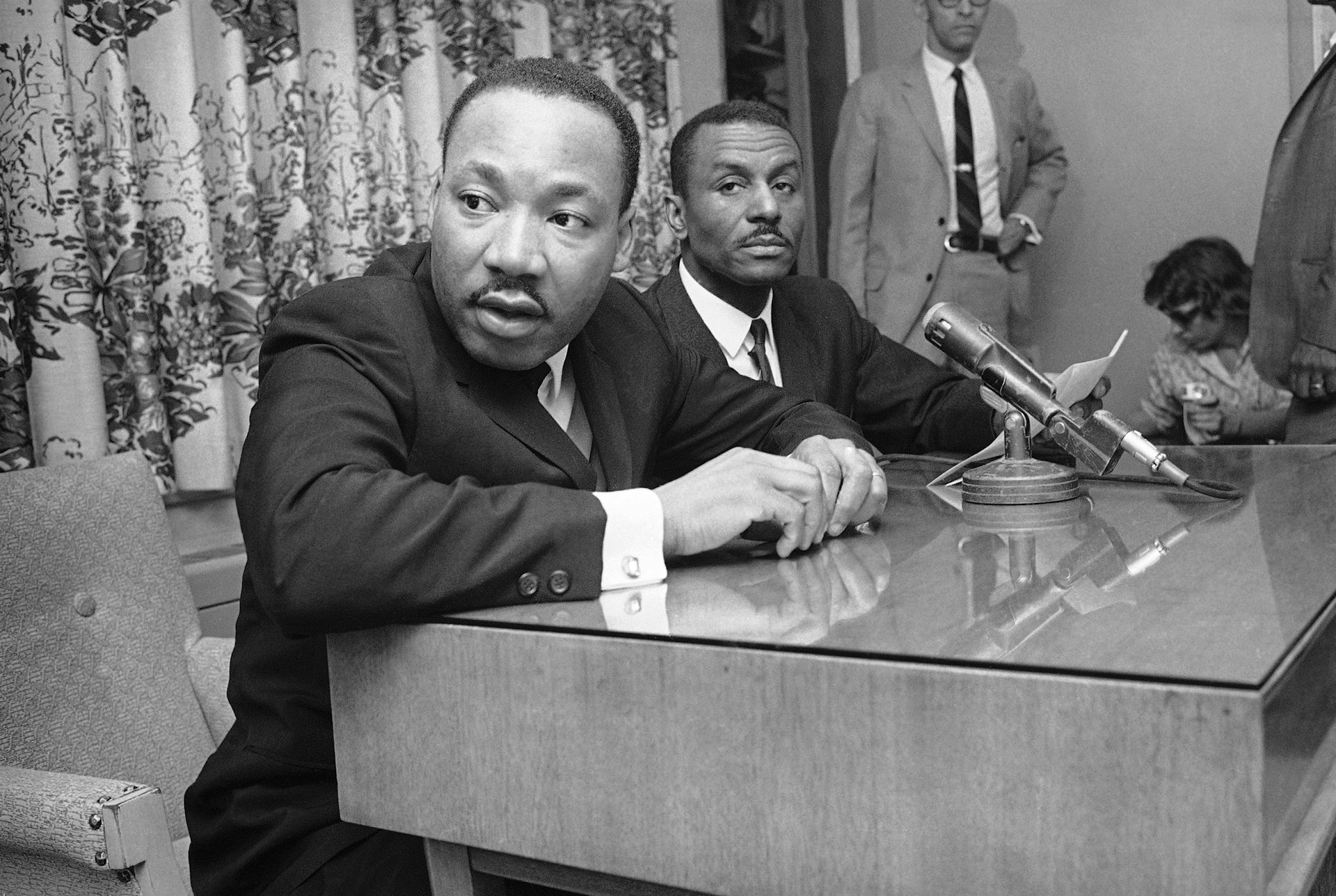In the greater arc of the #MeToo movement, lawyers have lurked in the shadows, unnamed scribes formalizing agreements meant to stay secret. But in “She Said,” the behind-the-scenes story of how Jodi Kantor and Megan Twohey brought down Harvey Weinstein, the lawyers finally come into view. And it’s not a pretty picture. As a professor...
Perspectives
Not in Gotham Anymore: Bioethics of Treating a Torturer’s PTSD Explored in Comic Book Form
Those who study and treat disorders of the mind – such as neuroscientists, psychiatrists and therapists – are in a position of influence. Their decisions and actions have the potential to impact individuals at the deepest levels by affecting our memories and even how we see ourselves. Such professionals “…occupy positions of intellectual authority” as...
Share Your Goals — but Be Careful Whom You Tell
If you want to achieve a goal, make sure you share your objective with the right person. In a new set of studies, researchers found that people showed greater goal commitment and performance when they told their goal to someone they believed had higher status than themselves. It didn’t help people at all to tell...
‘Like’ Isn’t a Lazy Linguistic Filler – the English Language Snobs Need To, Like, Pipe Down
The latest series of the television show Love Island is over, with Amber and Greg now snuggling up as the most recent winners – at least until the winter version starts in January 2020. As well as bringing us a fresh group of islanders and a new villa to admire, the January series is likely...
Empathy for Perpetrators Helps Explain Victim Blaming in Sexual Harassment
Men’s empathy for other men who sexually harass women may help explain why they are more likely to blame victims, new research suggests. The research, based on two studies, compared people’s reactions after reading about an incident of sexual harassment. In the first study, men and women showed equal levels of empathy for the female...
Facts and Stories: Great Stories Undermine Strong Facts
Some research shows facts are better received when presented on their own. Other studies show facts are more accepted when interwoven with stories; stories can help bridge emotional connections. If someone is trying to persuade or influence others, should they use a story or stick to the facts? According to research from social psychologists at...
Cooperation with High Status Individuals May Increase One’s Own Status
Seeking social status is a central human motivation. Whether it’s buying designer clothing, working the way up the job ladder, or making a conspicuous donation to charity, humans often seek and signal social status. Human cooperation and competition aren’t mutually exclusive, they are two sides of the same coin. Christopher von Rueden from the University...
It Pays to Explore in Times of Uncertainty
When making choices, people tend either to go with what they know or try something new. We experience this trade-off every day, whether choosing a route to work or buying breakfast cereal. But does one strategy have an advantage over another? Researchers decided to examine this question by looking at fishing boat captains, who face...
How the ‘Good Guy with a Gun’ Became a Deadly American Fantasy
At the end of May, it happened again. A mass shooter killed 12 people, this time at a municipal center in Virginia Beach. Employees had been forbidden to carry guns at work, and some lamented that this policy had prevented “good guys” from taking out the shooter. This trope – “the good guy with a...
I’m an MLK Scholar – and I’ll Never Be Able to View King in the Same Light
David Garrow, the Pulitzer Prize-winning biographer of Martin Luther King Jr., has unearthed information that may forever change King’s legacy. In an 8,000-word article published in the British periodical Standpoint Magazine on May 30, Garrow details the contents of FBI memos he discovered after spending weeks sifting through more than 54,000 documents located on the...










